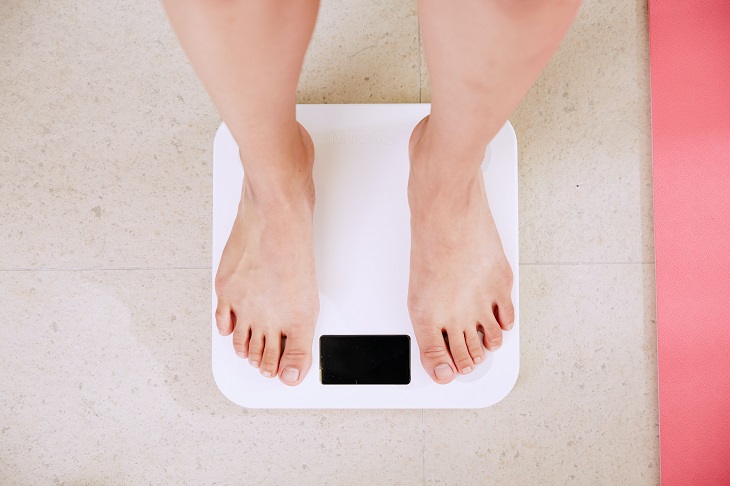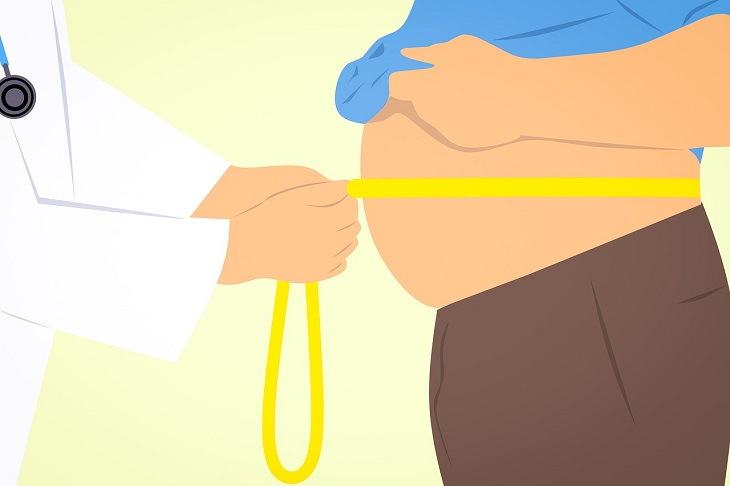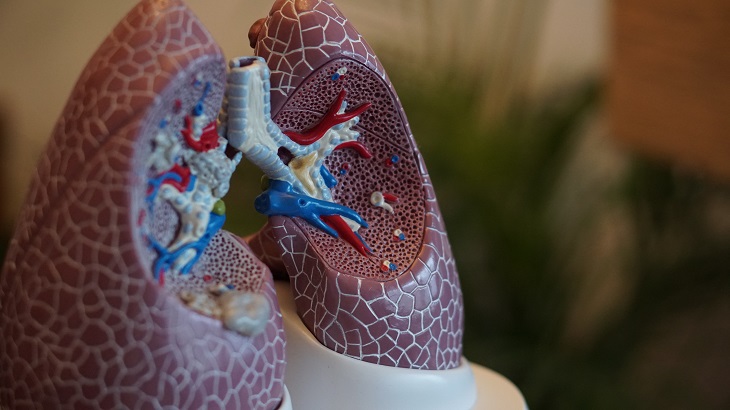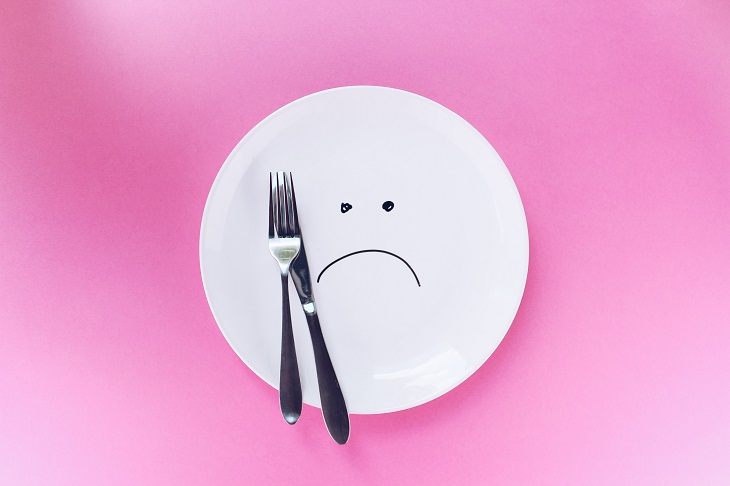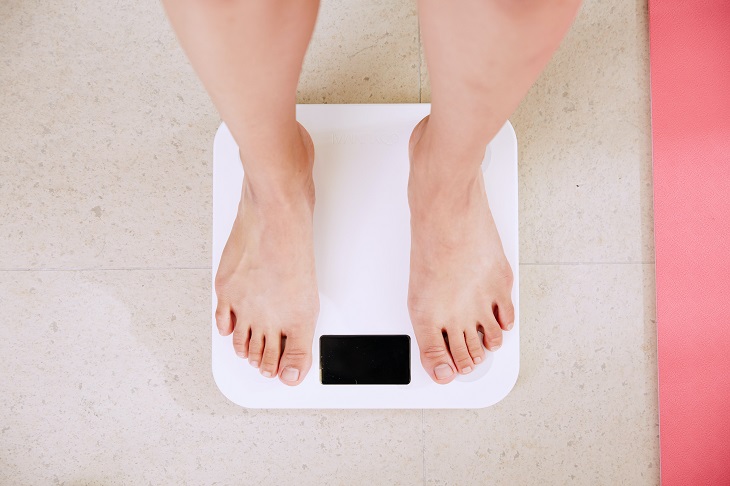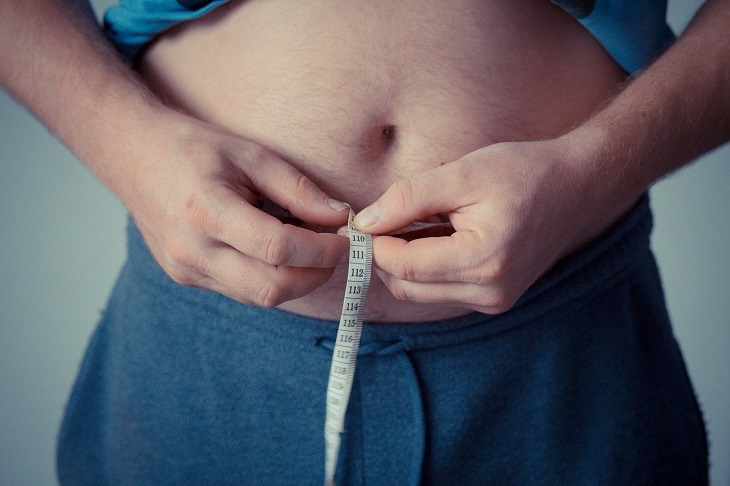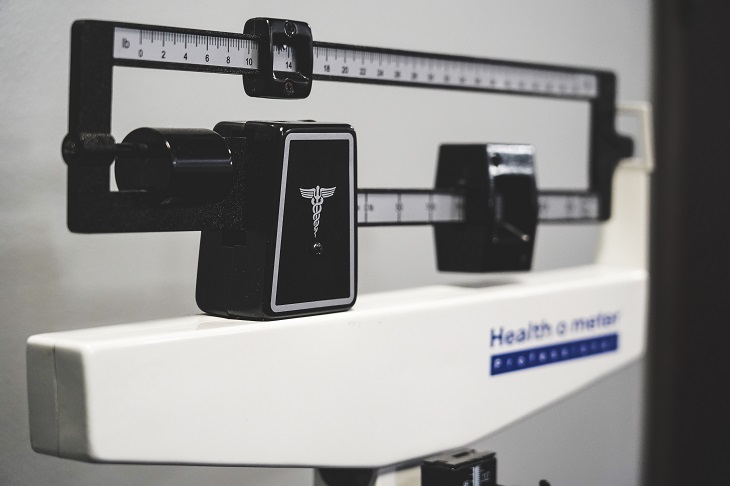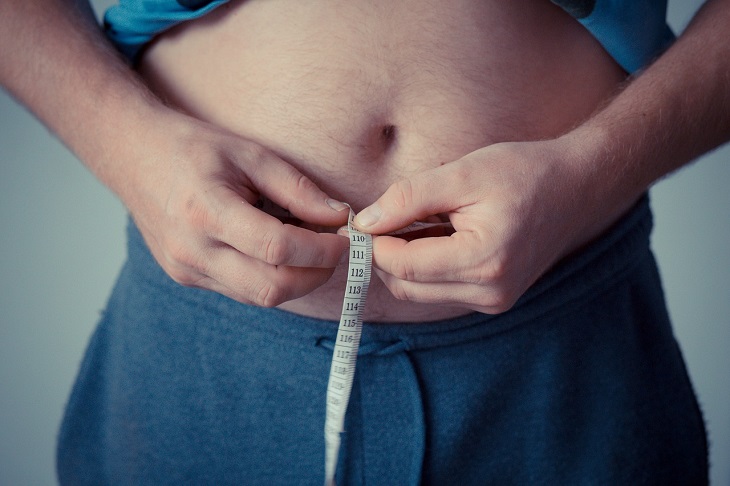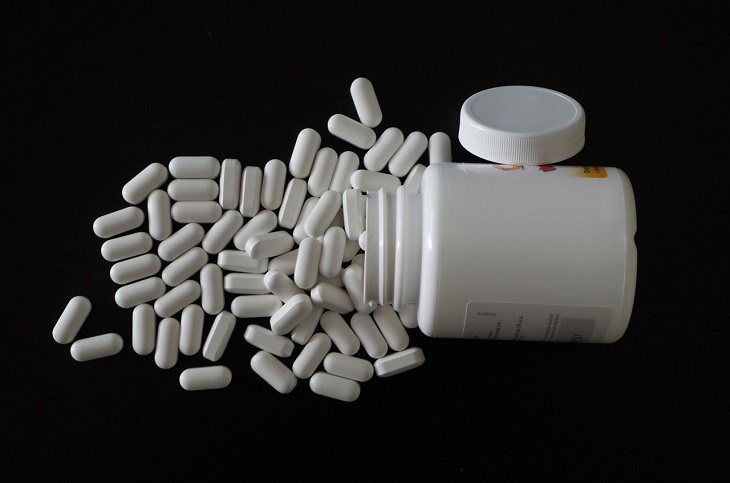Achieving and maintaining a healthy weight is essential for various reasons. When someone is at a higher weight than they are comfortable with, it can drastically affect their mental wellness and overall self-esteem. Aside from improved mental health, losing fat is also a great way to ward off preventable chronic diseases brought on by obesity. Such conditions include cardiovascular disease, diabetes, and fatty liver disease.
The health risks alone are enough to encourage a change to eating habits. But where to start? Many suggest going on crash diets or working out incessantly, but those tactics don’t really work for sustainable fat loss. If you want to lose fat and keep it off, you’ll have to put most of your focus into food. So can the food you eat help you lose weight? And if so, what are some natural foods that promote fat loss? Let’s investigate.
Food to promote weight loss
Food and fat loss may not seem to go hand in hand, but no matter what you weigh, you still have to eat to fuel your body. That is why avoiding overeating isn’t the only factor, but also focusing heavily on what you do eat. All foods give you energy, even “junk food.” That said, the right foods will offer your body the nutrients and other substances it needs to burn fat on a cellular level. When losing fat, food can be your best friend.

What are the best fat loss foods?
Choosing the right foods for fat loss doesn’t have to be an arduous guessing game. A few will help your body do what it needs to do to get rid of excess fat while you limit weight-gain foods and move your body more.
1. Fatty fish
Fatty fish such as salmon, herring, sardines, and mackerel are all great options if your goal is to lose fat. The primary nutrient in these types of fish is omega-3 fatty acids. These fatty acids can contribute to a reduction in inflammation as well as a reduced risk of heart disease.
When it comes to losing fat, studies have found that eating fatty fish helps fat loss because of its effect on cortisol. Cortisol is one of the body’s stress hormones. When you have high levels of cortisol, the body holds on to fat. However, eating foods rich in omega-3 fatty acids has been shown to lower cortisol levels, making it easier to lose fat.
These types of fish are also high in protein, a nutrient that increases metabolism and makes you feel fuller for longer.
2. Coffee
Coffee is a day starter for many people because of its caffeine content – caffeine can help people become more alert in the morning. The substance can also improve mood and increase mental and physical performance.
Studies find that when people consume caffeine before working out, they burn almost twice as much fat as those who do not. Because of this increase in physical stamina, fat loss during exercise is much easier. Caffeine also boosts the metabolism by as much as 13%, which gives the body more fat-burning power even at rest.
3. Eggs
Eggs are often overlooked as a healthy food because they are high in cholesterol. However, they are actually nutritional powerhouses because of all the essential vitamins they contain.
Research finds that people who eat eggs for breakfast are less hungry throughout the day and eat less. Because of this, it is easier to lose fat.
Eggs also contain high amounts of protein, which, as mentioned above, helps increase your metabolic rate and encourage fat burn during downtime.
4. Green tea
Green tea is hailed as a health food because it has many benefits. Aside from the more commonly known effects, such as reducing the risk of heart disease and protecting against cancer, green tea also provides caffeine and an antioxidant known as epigallocatechin gallate (EGCG).
EGCG is crucial for fat loss because of the way it promotes fat burning, especially in the belly area.

5. Chili peppers
Chili peppers add spice to foods. Consuming chili peppers can be great for your health, too. Antioxidants in chili peppers have been shown to reduce inflammation while protecting your cells from damage that could lead to chronic disease because of the ingredient capsaicin.
Capsaicin can also help promote fat loss for several reasons. The substance reduces overeating because of its ability to make you feel fuller for extended periods. People limiting their calorie intake to lose weight may slow their metabolism. However, adding chili peppers with capsaicin counteracts that slowing of metabolism, which can encourage more fat burn throughout the day.
6. Olive oil
Olive oil is a healthy fat, and while eating fat may seem counterintuitive to losing fat, it’s actually a vital piece of the fat loss puzzle. Olive oil can reduce triglyceride levels, raise good cholesterol levels, and encourage the body to produce more of a hormone that helps you feel fuller longer.
Studies also found that people who consume extra virgin olive oil with their meals burn more fat for a few hours following the meal. That means that olive oil helps you eat fewer calories and encourages your body to burn more when you’re at rest.
Eating to lose fat is an integral part of the weight loss puzzle. You just have to know what foods to eat to ensure that your body continuously burns more fat.
Featured image by CA Creative on Unsplash
